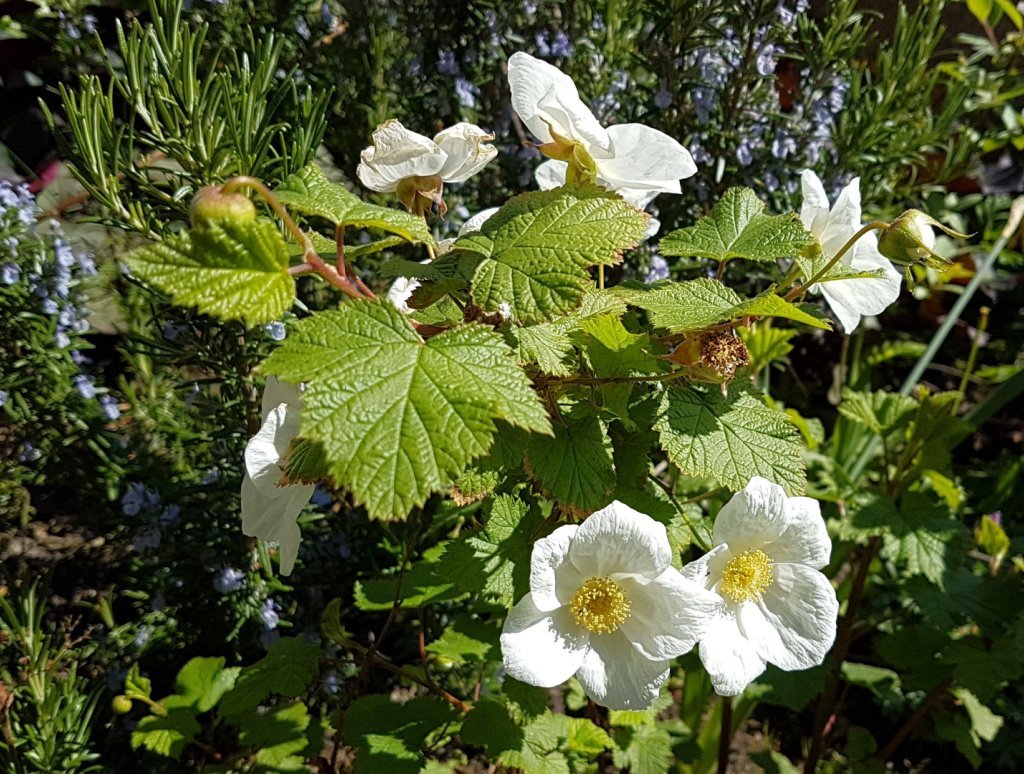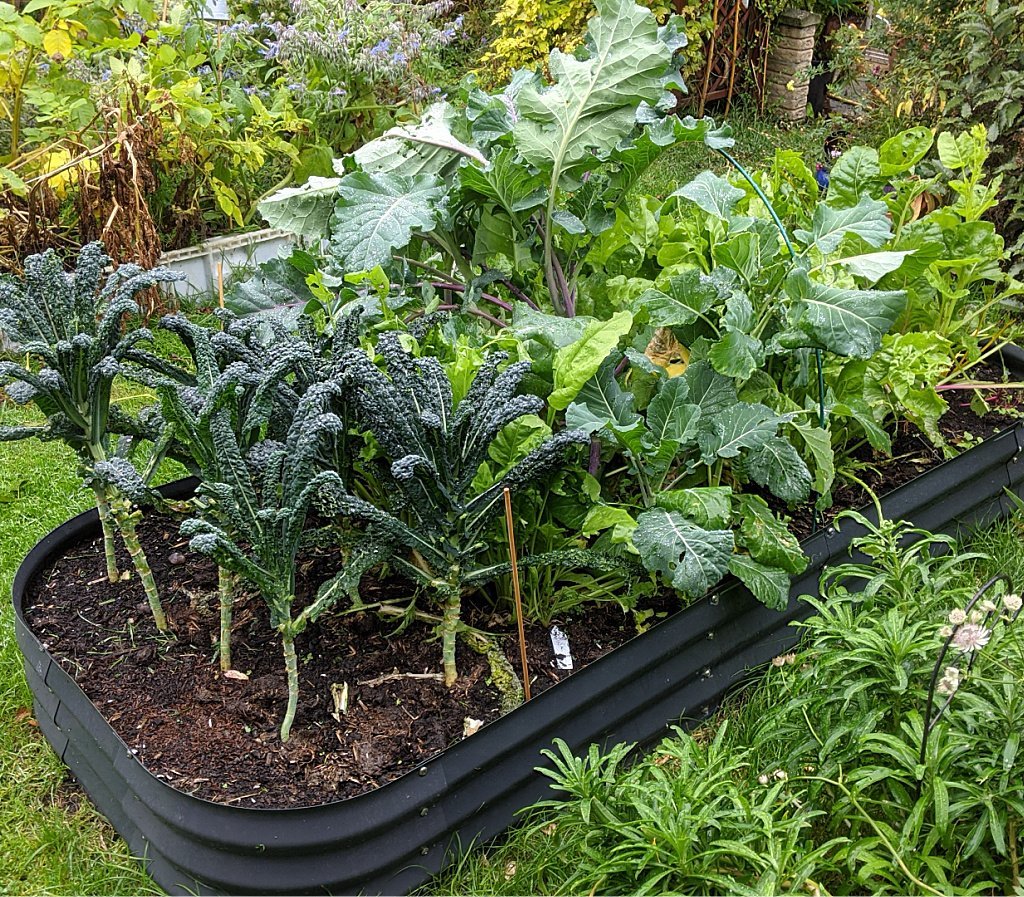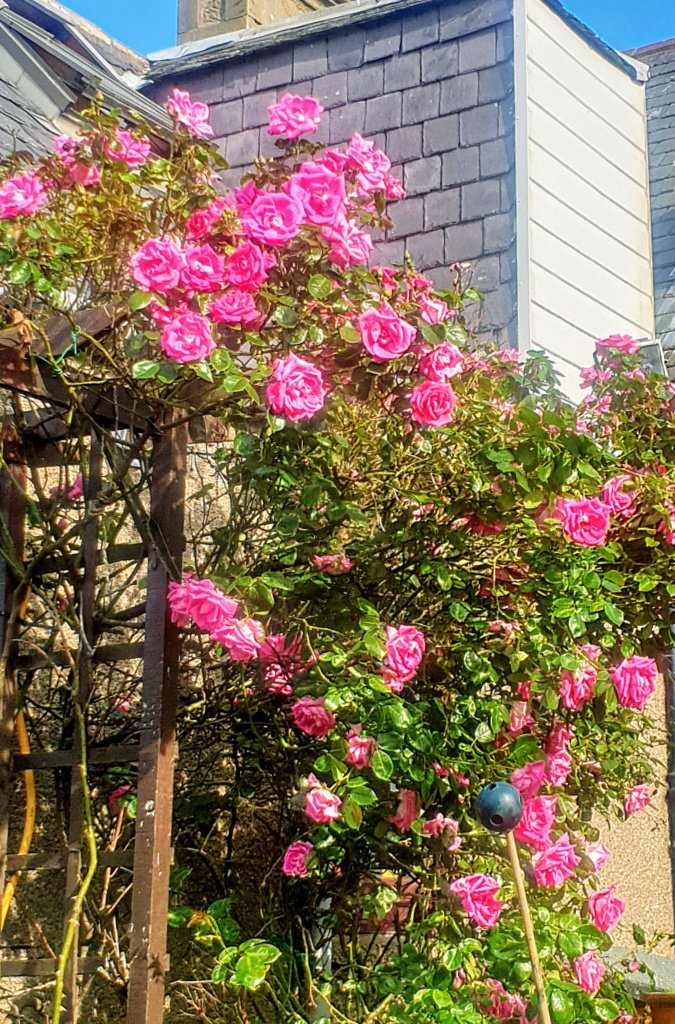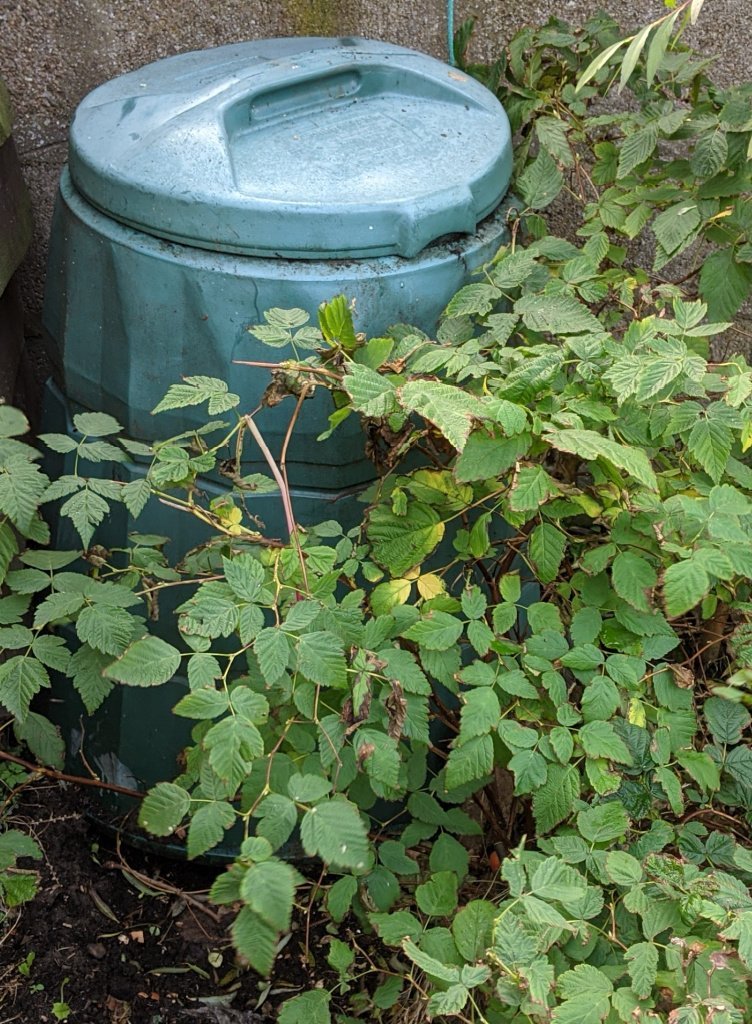All-Natural is the best fertilizer for the garden
I think I know what is the best fertilizer for the garden. Long ago I lived in a house in the country. I remember one day that our local farmer came out with his tractor and a hitched on muck-spreader – that long cylinder-thing that chops up the strawy manure and flings it in all directions.
It’s also a standard comedy turn in ‘blooper’ shows and YouTube. You know, when the spreader jams and the farmer has to go and turn it on…it’s a variant on the blocked hose gag.
Anyway, on that day, tractor-man got on with the job. Meanwhile, on my drying green next to his field, just over the hedge, a washing-machine load of sheets fluttered nicely in the breeze. The machine chugged past, gaily flinging its contents hither and beyond.
Later, when I saw the sheets I momentarily blamed the dog and almost took him to the vet.

Anyway, washing disasters aside, the farmer had cattle overwintering in the byre, so had ready access to as much muck as he needed.
But where to get the muck?
It’s different for small-time gardeners. While country gardeners can sometimes find a supplier, city dwellers are more in a fix if they are tracking down the best fertilizer for the garden. For instance, I have never seen a load of muck dumped outside one of the these grand facades in the New Town of Edinburgh…


In the old days of the Victorian or Edwardian gardening, it was common to use the heat from fermenting manure to warm up the soil in a cold frame to grow exotic fruit or just to give cuttings and wee plants a good start.
A hotbed of plots
After all, there were horses galore. Now, in spite of nostalgic tv programmes about old gardening techniques, I think few practice it, even if the expression ‘hotbed’ lives on, often describing political shenanigans. Very appropriate, when you think about it.
No, most folk with easy access to either a friendly farmer or a riding stable will dig the organic stuff into their main plot. Actually, forget most of the digging, just layer it around as a mulch – the worms do the rest.
Unwelcome guests with your load of fertilizer
In my experience, you can get a ton of weeds from horse manure. Perhaps I’m biased here, as I once came home with a barrowful from a local stable and managed to introduce New Zealand flatworm along with the stuff as well.
Besides, there are so many other factors to consider, for instance, the amount of straw in the manure. So I am not at all sure it is the best fertilizer.
Growing up in a small town, close to the countryside, one of my early memories is the annual ritual of the trailer-load of muck that Dad got from some nearby farmer. It always arrived in the coldest, greyest Saturday morning of the winter and was dumped in the street.
Then it was all hands on deck with the graip and shovel to get it barrowed through the penn. (That’s how we pronounced ‘pend’.) To be honest it is a fairly grim memory – but what cabbages and tatties Dad grew back then…
The best fertilizer must have bulk
Why go to all this effort? Well, because clean and tidy fertilizers – the kinds you buy in colourfully-printed poly sacks at the garden centre – may have more nutrients, properly balanced and chemically correct, but they don’t have the bulk or the organic matter.
I reckon it isn’t just about how much nitrogen, phosphate or potash you have in your plot; it’s also to do with getting the best possible soil structure: a growing medium that drains at just the right rate and is in good health.
Besides, when asked, nine out of ten worms said they preferred a soil with plenty of organic matter. They voted that a load of muck from the farm was the best fertilizer.
This business about getting the soil into good health is particularly important if you are on heavy clay. One of the best ways is to dig in strawy manure, which helps open it up. This can make all the difference.

On the other hand, I once had a garden on very sandy hungry soil and found that poultry manure was extremely effective.
There was a chicken farm nearby and I could get the stuff by the sack load. All the books give dire warnings about it burning plant roots. Maybe I was lucky, but I usually got away with it. It was the egg shells I found a bit disconcerting (not to mention the smell!)
By all means, when the time is right, make merry with the Growmore, an inorganic, balanced fertilizer with just the right amounts of nitrogen, phosphate and potash; or the organic bonemeal (very high in phosphate); or the hoof and horn (high in nitrogen).
But if there is any way you get a few barrowloads of the real McCoy into your plot, then don’t hesitate.
Too much of a good thing?
Remember to caa canny on beds intended for root crops. Whereas beans, leeks and cabbages and so on, are usually fine, sometimes carrots can fork or turn into weird orange claws if they come into contact with fresh manure. I suppose you could scare people with them at Halloween. Otherwise, it’s too much of a good thing. Grow your carrots in the bit you manured last season.

They’re ugly but effective, these dalek-type compost bins. So I took a cutting or two of plain old salmonberry (someone’s garden escape), grew them on, planted them out and – behold – the well-screened bin. OK, I now have great difficulty getting the blessed compost out. Got to think about this a bit more…
What about composting household stuff?
Finally, a quick note about composting household waste – I mean vegetable peelings and the like. This generates a good-going glow of self-righteousness, as well as producing dark friable compost if you get things right. So you know you should do it.
Actually – whisper it – rose ‘Parade’ – just by the back door gets several teapots of tea-leaves emptied beside it most weeks, as well as the muck mentioned above.
The tea-leaves end up there because sometimes it’s raining when I empty the teapot and the compost bin is a few more paces away. And I’m wearing my slippers.
So the rose gets it – plus coffee grounds as well, and seems to thrive on the treatment. Has done for years…
Hmm? What’s that you say? No, why would I use teabags? Wait, you’re telling me you make a cup of tea by pouring hot water over bleached paper with plastic reinforcing? Extraordinary. Get yourself a proper teapot! And some loose tea.
Incidentally, you’ll know things are well in compost-bin-land if there are lots of worms on top, writhing about indignantly, when you take the lid off.
In my experience, you shouldn’t need an ‘accelerator’ like, say, Garotta – especially if you add a bit of paper, say, the odd egg box or sheets of used kitchen-roll or newspaper from time to time.
What you’ll never do is rot down those danged avocado stones. What are they made of? Indestructible platinum or something? But throw them in anyway.
The blackbird is friendly, but…
The only one who will not be cooperating with your efforts to mulch the beds with compost will be your local friendly blackbird. It is his (or her) avowed intention in life to remove blobs and globs of manure (sharn) from bare soil and bedeck the lawn with them.
Presumably, it’s just the endless search for skulking horny gollachs, slaters and their ilk – but it’s still an untidy habit from a gardener’s viewpoint.
This is your reward for spending a small fortune on bags of raisins for the blackbird tribe over the winter. It’s just the deal you made with Mr Blackbird and his lady-friend.
The moral of this little rant is: cow manure or home-made compost – slather it on and stand back.
Cow-muck was also an ingredient of the notorious Forsyth’s Plaister. Read all about it.
